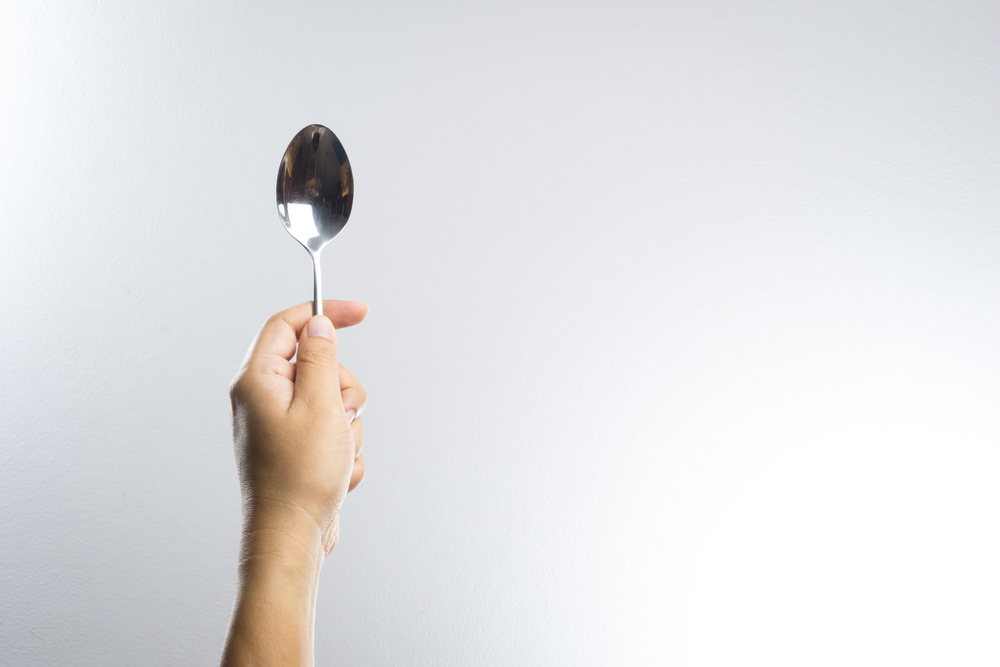Aarrav Anil, a 17-year-old robotics enthusiast from Bengaluru, India, channeled his enthusiasm for technology to develop a cost-effective and innovative solution that promises to improve the lives of Parkinson’s patients. Aarrav set out on a quest that merged compassion, innovation, and robotics after being inspired by his uncle Arjun’s everyday battle with hand tremors while eating. The end product is a ground-breaking smart spoon that is currently being tested at Bengaluru’s RV College of Physiotherapy.
From frustration to innovation
Aarrav’s journey began when he saw the daily struggles that his uncle, Arjun, endured as a result of Parkinson’s disease. Each meal was difficult because of the tremors. Food frequently got on his clothes, and his fury escalated. Aarrav decided to act, and with perseverance, microcontrollers, sensors, motors, and a 3D printer, he created a prototype of the smart spoon, which would eventually become a beacon of hope for Parkinson’s patients.
The smart spoon solution
Sensors in the battery-powered smart spoon detect hand tremors and respond by initiating movement on the opposite side. This clever mechanism successfully counteracts the motion, keeping the spoon stable. Aarrav’s adventure, however, did not finish with the prototype; he meticulously fine-tuned his product based on feedback.
Aarrav’s drive to excellence resulted in several critical design modifications. First, he made the spoon waterproof so that it could be cleaned without damaging the internal circuitry. He also made it detachable so that it could be cleaned easily and replaced with a fork as necessary. Finally, Aarrav deepened the spoon’s shape to accommodate a larger meal capacity.
Aarrav’s path to develop the smart spoon came from a decade-long fascination in mechanics, which began when his mother gave him a Lego set. He has represented India in over 20 robotics contests throughout the world over the years. His smart spoon design won first prize in the future innovators category at the World Robot Olympiad in Germany, giving him the confidence he needed to make his idea a reality.
Accessible and affordable
While there are similar products available in the United States, their cost often exceeds $200, rendering them unaffordable for most Indians. Aarrav is keen to make a difference by selling his smart spoon for a much lower price, which he estimates to be roughly $80. This low-cost option could substantially assist the nearly 7 million people in India who suffer from Parkinson’s disease.
Aarrav’s smart spoon trials and validation processes are planned to be completed early next year, with the results published in a medical journal. Aarrav’s long-term goals go beyond the trials; he wants to produce the smart spoon on a limited scale, initially targeting hospitals. His ultimate goal is for every Parkinson’s patient’s family to have access to the smart spoon.
A difference of dignity
Aarrav’s determination to improve the lives of Parkinson’s sufferers is inspired by his uncle Arjun’s words: “Who would have thought such a small thing could mean the difference between dignity and indignity?” The smart spoon combines both innovation and compassion, spanning the gap between frustration and ease, struggle and dignity.
Aarrav Anil’s journey shows how youthful creativity can ignite positive transformation and bring solace to millions in a world where little acts of empathy can produce a massive impact.












